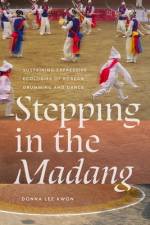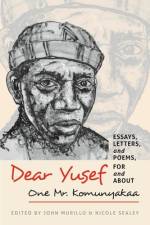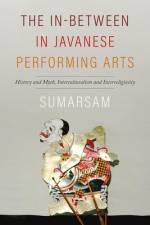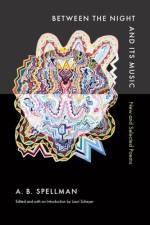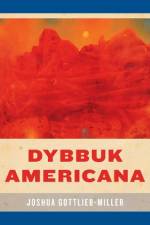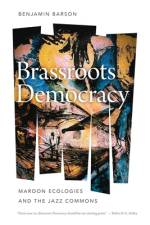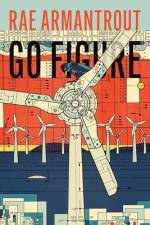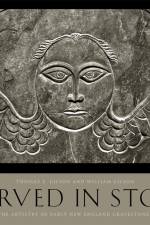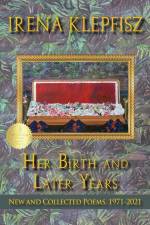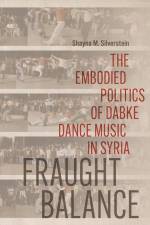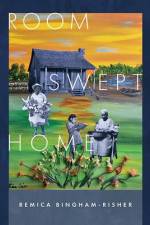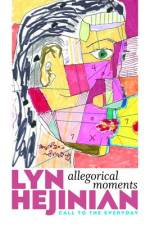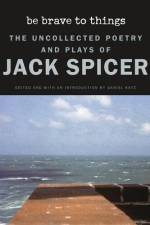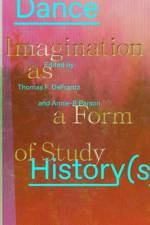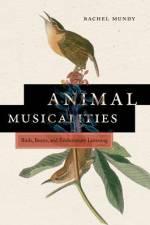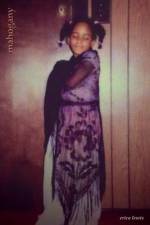- Essays, Letters, and Poems, for and about One Mr. Komunyakaa
av John Murillo
299,-
Anthology of new work honoring the legacy of a celebrated African American poetThis carefully and generously curated mosaic of essays, letters, and poems reveals the profound impact that poet Yusef Komunyakaa has had on poets, educators, and readers worldwide. The anthology brings together creative and critical offerings from fellow poets, former students, literary entities, and other admirers. There are emerging and established voices--from previously unpublished writers to Pulitzer Prize winning poets. Together these pieces honor one of the most influential writers of the last half century, one, it turns out, who is as beloved for his teaching as he is celebrated for his creative work. Contributors include Terrance Hayes, Sharon Olds, Carolyn Forché, Toi Derricotte, and MartÃn Espada, among others. Dear Yusef affirms Komunyakaa's transformative influence, showcasing how his mentoring has ignited creativity, nurtured passion, and fostered a sense of belonging among countless individuals. Through the artistry of these testimonials, we witness the transformative power of poetry and the enduring legacy of a true literary icon.Sample Poem: from "Reading Yusef," by Major JacksonOver powdered beignets, over a demitasse of chicory near Royal, I came to grips I am the lonely sortfor I am ever seeking potions, my head sideways, a book winged in my hand, its words from the chitlin circuit, fried dough going cold and congealing, passing tourists drowned out, a sullen look on my face. It is when I mostwant to make love.Dostoevsky was a way out of my confusion, as was Baraka whom I gave my reverence freely.Nothing I believed stayed, and thus, my melancholy deepened though banjos and clarinets playedthe streets through late afternoon rain, maybeBlack Bottom Stomp, eucalyptus and live oaksaging against arpeggio-runs.from "The Forty-Fourth Poem," by Jennifer Grotz The first student in my correspondence course who completed the final lesson on Dien Cai Dau was, like many students in that course, incarcerated in the Indiana State Penitentiary. In his essay, he wrote that Dien Cai Dau was the first book of poems he'd ever read. He'd been so taken with the experience that he'd proceeded to read poems from it aloud to his fellow inmates, after which they'd exchanged stories about being in the military, about Vietnam. He wrote about what it was like to witness violence. About what it was like to be numb, or to want to be numbHe also wrote about appreciating beauty, especially natural beauty, and of an awareness of gratitude for some grace that had nonetheless kept him alive, about how the poems still gave him hope. Dien Cai Dau had had a profound effect on him.from "Dear Yusef," by Emily Jungmin YoonThe framework of your class was always care. Because you cared for us, we cared for one another. From then on, my poetry was always about love, even when it spoke through ugly histories, because I wanted to love the people in those narratives.



